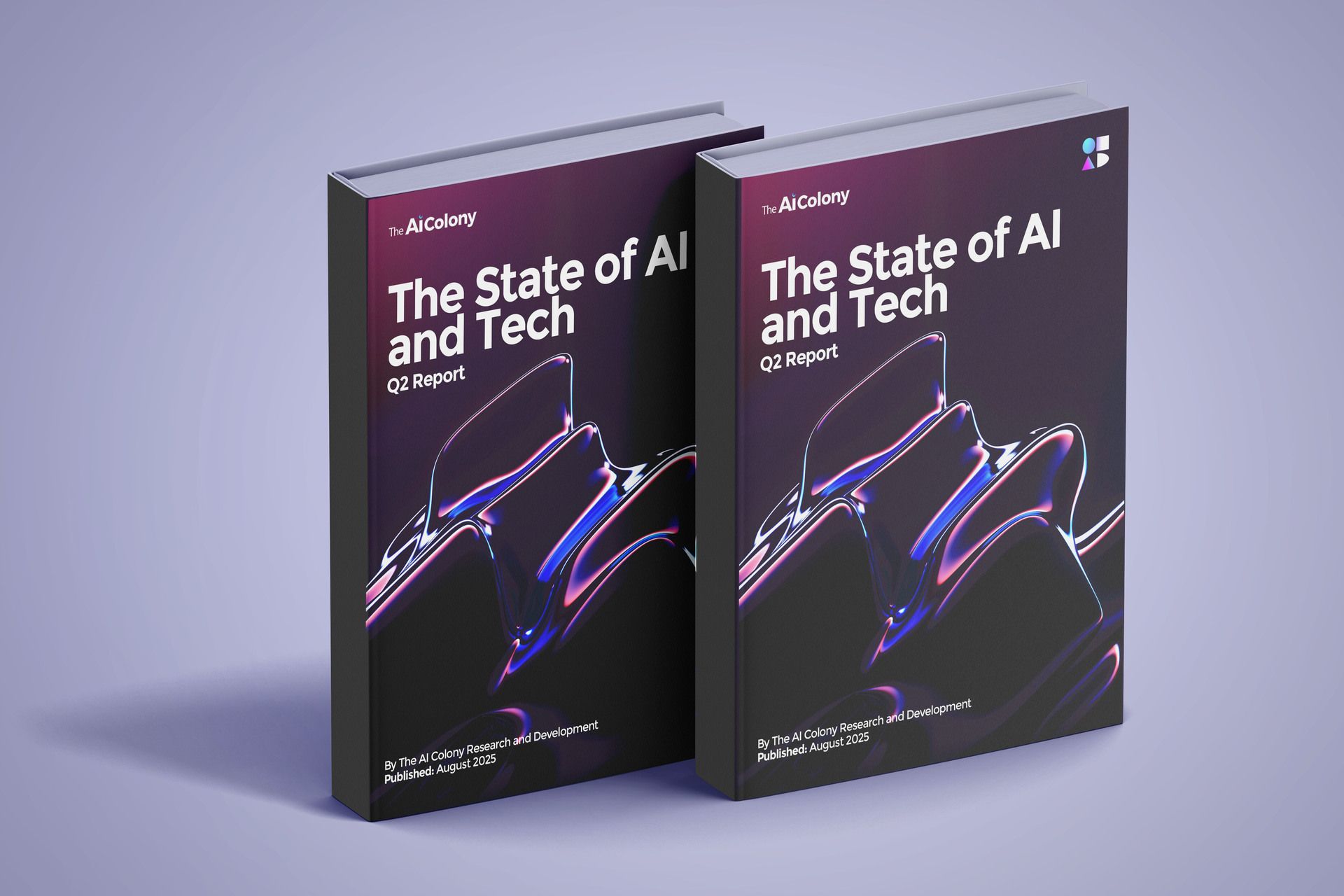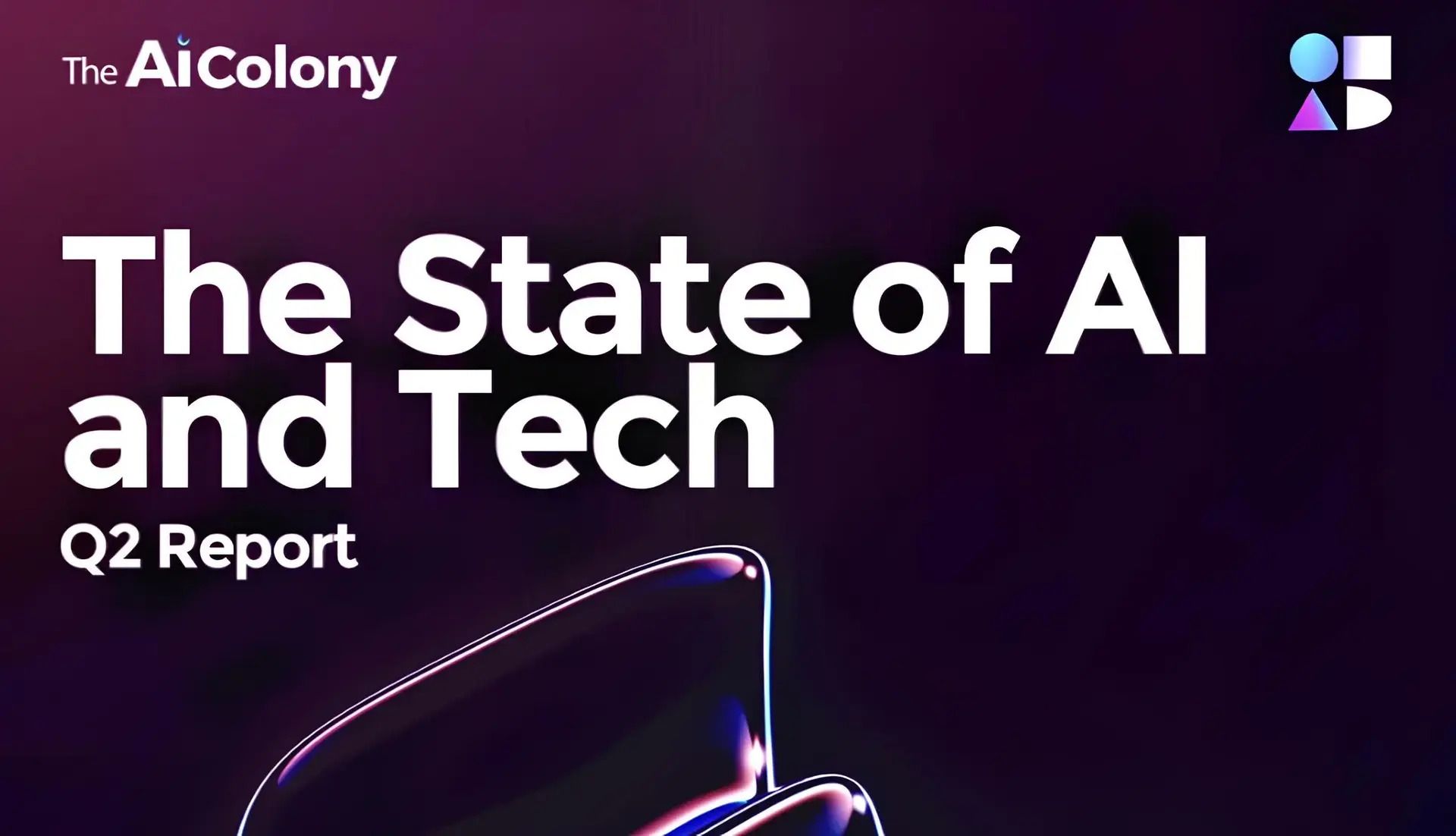
Here's your curated dose of the most significant events in the AI ecosystem this week
Google Translate Adds Language Learning Features to Challenge Duolingo
Anthropic brings Claude AI Agent to Google Chrome
Google launches Pixel Care+
xAI release Grok Code Fast 1

Google is expanding beyond translation with new AI-powered language learning tools in Google Translate, directly challenging Duolingo’s dominance in language education. The company announced on Tuesday that it’s rolling out experimental features designed to help users practice new languages and communicate in real-time conversations. The new language practice feature creates tailored listening and speaking sessions that adapt to individual skill levels and learning goals. Users access the feature through a “practice” option in the Translate app, where they can engage in customized scenarios including listening comprehension exercises and speaking practice with daily progress tracking.
The beta launches on Android and iOS starting Tuesday, initially supporting English speakers practicing Spanish and French, as well as Spanish, French, and Portuguese speakers learning English. This positions Google to compete directly with Duolingo’s gamified approach to language learning. Google is also introducing enhanced live conversation capabilities that enable real-time audio conversations with translations in more than 70 languages. The “Live translate” feature automatically identifies and switches between languages as speakers converse, providing both audio translations and on-screen transcripts. The system handles challenging environments like noisy restaurants by using advanced voice recognition to isolate sounds and identify natural speech patterns.
These live translation capabilities are initially available to users in the U.S., India, and Mexico. Google attributes the advances to its Gemini AI models, which have enhanced translation quality and text-to-speech functions across the platform that processes approximately 1 trillion words daily.

Anthropic has launched a research preview of Claude for Chrome, a browser-based AI agent that represents the company’s latest push into automated web browsing. The new tool is initially available to 1,000 subscribers on Anthropic’s Max plan, which costs between $100 and $200 per month, with a waitlist open for other interested users. The Chrome extension enables users to chat with Claude through a sidebar window that maintains full context of their browsing activity. More significantly, users can grant Claude permission to take actions within their browser and complete tasks autonomously.
Even Google has been integrating its Gemini AI into Chrome, creating a crowded field of AI browser solutions. This browser race carries particular urgency given Google’s ongoing antitrust case, where a federal judge may soon force the company to sell Chrome. The potential sale has attracted attention from AI companies, with Perplexity submitting an unsolicited $34.5 billion offer for Chrome and OpenAI CEO Sam Altman expressing interest in acquisition. Anthropic acknowledges that AI agents with browser access introduce new safety challenges. The company points to recent security concerns raised by Brave’s team, which discovered that browser AI agents could be vulnerable to indirect prompt-injection attacks where malicious website code tricks agents into executing harmful instructions. To address these risks, Anthropic has implemented several defenses that reduced prompt injection attack success rates from 23.6% to 11.2%.
The new Claude browser agent includes built-in safeguards such as blocking access to financial services, adult content, and pirated material by default. Users can also restrict access to specific sites through the app settings. Additionally, Claude will request user permission before taking high-risk actions involving publishing, purchasing, or sharing personal data.
STATE OF AI and TECH Q2 INDUSTRY REPORT

After what seems like months of research, data collection, interviews, and much more behind-the-scenes work, we are excited to announce that The State of AI and Tech Q2 Industry Report is now out and available to everyone for FREE!
This edition covers funding trends, acquisitions, and spotlights amazing brands that are building the products of the future.We analyzed the deals, tracked the money, and interviewed the players building tomorrow’s tech landscape.
What you’ll discover:
Why AI startups captured 53% of all VC funding
The real story behind OpenAI’s $40B round
Which companies are winning (and why)
Where investors are placing their next bets
Download your free copy and see what others are missing in the $750 billion AI revolution.

Google unveiled its new Pixel Care+ device protection program this week, marking a significant upgrade to the company’s hardware protection offerings. The program launches in the U.S. and will replace both Google Preferred Care and Fi Device Protection, with existing subscribers transitioning to the new service in the coming months. Pixel Care+ offers comprehensive protection with unlimited claims for accidental damage, extended warranty issues, and mechanical problems. The standout benefits include $0 repairs for screens and batteries, free post-warranty coverage for malfunctions, genuine Google parts for all repairs and replacements, and priority customer support from Pixel specialists. Users also get next-day shipping on replacement devices at no extra cost and can file self-service claims through the Google Store website or My Pixel app.
The program also offers optional loss and theft coverage for users who want maximum protection. Google has structured pricing based on device type, with the Pixel 10 costing $10 monthly or $199 for a two-year plan. The program covers a wide range of Google devices including Pixel phones from the 8 series and newer, Pixel watches from the 2nd generation and up, the Pixel Tablet, and various Fitbit models such as the Ace LTE, Versa 4, Sense 2, Charge 6, and Inspire 3. Users have a 60-day window after purchasing an eligible device to add Pixel Care+ coverage. Claims can be filed directly through the Google Store website or the My Pixel app, with options to select repair locations and scheduling.

Elon Musk’s xAI has unveiled Grok Code Fast 1, a new AI model specifically designed for autonomous coding workflows. The company describes it as “a speedy and economical reasoning model” built to address the speed and cost concerns that have limited existing coding AI systems in iterative development processes.
The model delivers impressive technical specifications with processing speeds of 92 tokens per second, a 256,000 token context window, and competitive pricing at $0.20 per million input tokens and $1.50 per million output tokens. Cached input tokens cost just $0.02 per million, representing a significant cost advantage over competitors. The model scored 70.8% on the SWE-Bench-Verified benchmark, demonstrating strong performance on real-world coding challenges.
What distinguishes Grok Code Fast 1 is its autonomous capabilities beyond simple code generation. The model can handle complete programming workflows, including running shell commands, editing files, and executing multi-step operations independently. It excels at foundational development tasks such as prototyping web applications, debugging code, and managing complex coding processes without constant human intervention. xAI is making the model widely accessible through partnerships with major coding platforms.
Grok Code Fast 1 is now available for free on GitHub Copilot, Cursor, Cline, and several other development tools including Windsurf and Roo Code. GitHub has confirmed availability as an opt-in public preview for Copilot Pro, Business, and Enterprise plans in Visual Studio Code, with a gradual rollout planned.
Product Spotlight

Profound helps brands and marketing agencies discover how they are showing up in AI search tools like Claude and ChatGPT.
Trending AI tools for the Week
Pykaso AI - Pykaso is the leading generative AI platform designed to create AI Characters and to help people monetize consistent, ultra-realistic content.
Unwatermark - Easily remove watermarks with advanced AI image recognition technology.
Converse - Converse is your AI‑powered reading companion. Save any web page, PDF, or YouTube video, get instant answers, summaries, or translations.
Echowave - Online video editor.
AI Studio - Transform your ideas into stunning visuals with our intuitive AI-powered design platform.
TIP OF THE WEEK
We don’t do “business as usual”
The world moves fast, but understanding it shouldn’t be hard.
That’s why we created Morning Brew: a free, five-minute daily newsletter that makes business and finance news approachable—and even enjoyable. Whether it’s Wall Street, Silicon Valley, or what’s trending at the water cooler, the Brew serves up the context you need in plain English, with a side of humor to keep things interesting.
There’s a reason over 4 million professionals read the newsletter daily—and you can try it for free by clicking below!
Most talked about tech story this Week
Upcoming Event

Venue: San Francisco, California
Date: October 14 -16, 2025
Refer and Earn
Everything AI is read by thousands of AI/Tech/SaaS professionals and enthusiasts.
Reach out to us to give your product/tool the awareness it deserves.
That's a wrap!
Subscribe to our newsletter for exclusive insights, offers, and the latest updates in the AI ecosystem
Never miss a beat on the AI front!
Time to log off, but don't worry, we'll be back in your inbox before you can say 'Ctrl+Alt+Del'!" 👋
Did You Enjoy This Week’s Edition of Everything AI and Tech?






